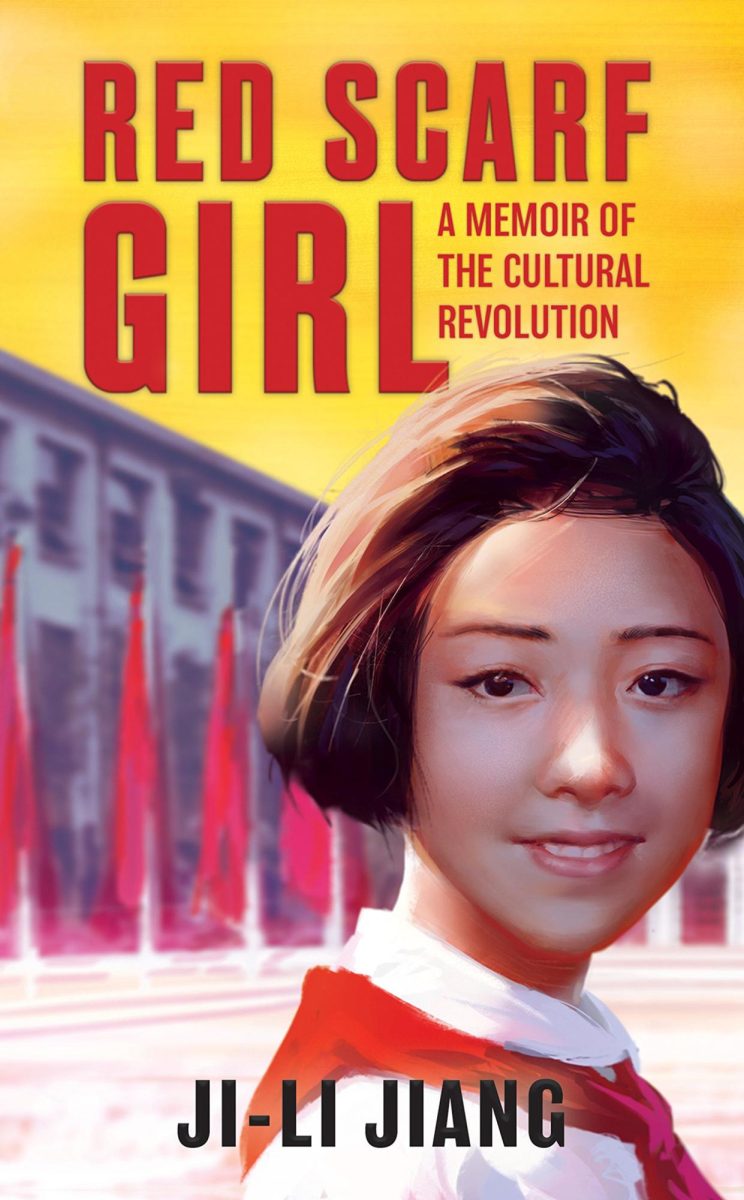
Post-’Great Leap Forward’ movement in China, an era characterized by a failed attempt to shift society from one based in agriculture to industry, leading to famine and tragedy, shortly followed a time of political unrest and continued societal dismay. China’s “Great Proletarian Cultural Revolution,” later dubbed the more simple “Cultural Revolution,” transpired over the years 1966-1976 under Mao Zedong’s totalitarian reign. Under his leadership, Zedong reinforced his beliefs of bona fide communism in the nation, conflicted by the fact that allegiance to communist values among the Chinese Communist Party had been in rapid decline. In an attempt to re-establish communist foundations in China, Mao Zedong, alongside his ally, Lin Biao, leader of the People’s Liberation Army (PLA; Chinese army), fabricated the “Little Red Book,” an amalgamation of Mao’s ideals that became a widespread staple among PLA soldiers as a required read. Through the joint efforts of the two men, the PLA became model, law-abiding figures in their communities, placing Zedong onto an unattainable pedestal in the eyes of the Chinese citizens. As acts of commitment to Mao Zedong’s growing influence, once trusting communities began to turn on one another. Those who didn’t abide by the Neo-Communist ideology were publicly shunned and ultimately ostracized from society. Teachers lost jobs, students were bullied, and families were torn apart. The country spiraled into mayhem.

In Ji-Li Jiang’s Red Scarf Girl, we follow the author as she recounts her horrific years as she and her family fall victim to the societal rejection and unjust treatment that accompanied the first two years of the cultural revolution. In Shanghai, China, a twelve-year-old girl born on the Chinese New Year and with a name symbolizing ‘luck’ and ‘beauty,’ Ji-Li, is in the midst of a major life change. Known by teachers and students throughout her elementary school for her admirable academic prowess, Ji-Li awaits an acceptance letter from renowned Junior High, Xin Zha, a school she had dedicated the majority of her life towards. However, during this time of societal instability, she learns that the clear-cut path she had forged for herself was now slowly dissipating.
Society was stratified into two disparate categories among the Chinese citizens within the first years of the revolution. The belittled “black” class and the revered “red” class, the latter being favored by the CCP. The red class comprised the backbone of the revolutionists, constituted by peasants, workers, revolutionary soldiers (PLA), revolutionary cadres (CCP members), and revolutionary martyrs (family members of the previous two). Conversely, the black class encompassed those who challenged the uprise of the movement and was embodied by landlords, rich farmers, those opposed to communism, bad influencers, and right-wingers. Having familial ties to a landlord, the Jiang family was deemed antagonistic to Zedong’s vision for the nation. Now officially classified into the ‘black’ subsection in her community, the fellow classmates with whom she shared countless memories abandoned years of friendship to act upon their own ideologies. Supporters of Zedong’s principles went to great extents to enforce their convictions unto their peers. In schools, “Da-zi-bao” was a popular means of public ridicule, directly translating to “big character posters” in which ostracized persons were targeted. A close friend of Ji-Li’s, An Yi, admits to the subjection of her own mother to the da-zi-bao at some point as well. The mockery, however, was not bound to solely in-school activities, despite being most prevalent in them. During the summer months, Red Guards (‘bright’ students who were considered the future of the revolution) patrolled local communities, raiding and claiming the possessions of those whom they concluded demonstrated any retaliation to Mao’s pure communism. The Jiang family was no exception.
Despite Ji-Li’s prejudiced upbringing, she kept her morals close, never disowning the past she carried with her. What is now realized to be a mass brainwashing through propaganda, the Great Proletarian Cultural Revolution came to a halt in 1976 with the death of Chair Mao. Since then, the Jiang family has led a happy life in the Bay Area of San Francisco. Ji-Li, now 71 years old, graduated from the University of Hawai’i and continues to write books for young readers, with hopes to fill the void between China and the US. This book was an excellent read and truly sheds light on some of the ‘rough patches’ in Chinese history. I recommend it to readers of any age who are curious about the first-hand perspective of those living under Zedong’s rule and are prepared for a rollercoaster of emotions as Ji-Li navigates her life during these arduous times.